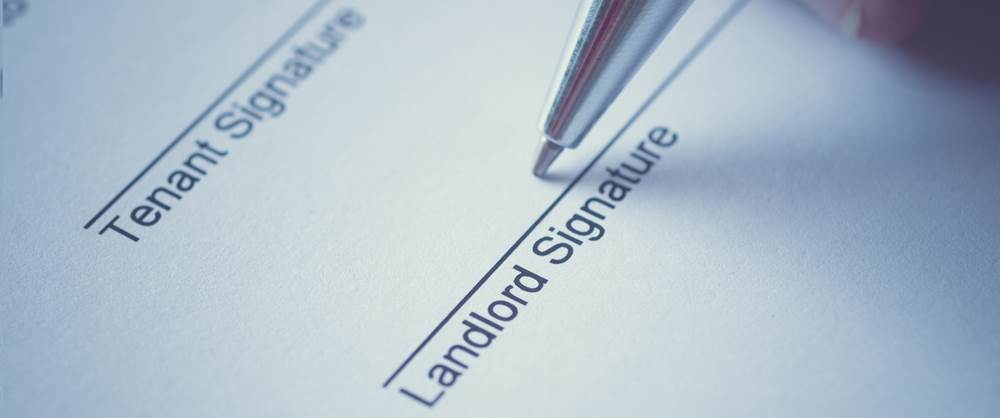
Private Housing Tenancies Act – What it means for landlords
The Private Housing (Tenancies) Scotland Act 2016 will come into effect from 1 December 2017, with the aim to increase safeguards for landlords, as well as security for tenants.
Under the act, new tenancies will be open-ended and will last until a tenant wishes to leave the let property, or a landlord uses one (or more) of 18 grounds for eviction.
This articles takes a look at key things the Act will change for landlords.
Modernised grounds for repossession
Landlords can now end a tenancy using one of 18 grounds for eviction – including, amongst others, a tenant being in rent arrears, the intent to use the property for non-residential purpose, and the intent to republish the property.
Tenants must be given at least 28 days’ notice if they have lived in the property for six months or less, and at least 84 days' notice if they have lived in the property for more than six months.
Regardless of how long the tenant has lived in the property, there must be at least 28 days' notice if using one or more of the following eviction grounds:
- tenant is no longer occupying the let property
-tenant has breached a term of the agreement
-tenant is in rent arrears over three consecutive months on the date application is made for an eviction order
-tenant has a relevant criminal conviction
-tenant has engaged in “relevant antisocial behaviour"
-tenant associates with a person who has “a relevant conviction” or has engaged in “relevant antisocial behaviour”
If serving notice to leave by recorded delivery post or email, at least 48 hours additional time has to be allowed for the tenant to receive the notice.
After the notice period is up, if the tenant does not move out, landlords have six months to apply for an eviction order from the first-tier tribunal. Landlords also require, when seeking such order, to let the relevant local authority know, in case eviction will render the tenant homeless.
Model tenancy agreement
Landlords must supply tenants with a copy of all the terms of their tenancy, which may be a printed or electronic copy.
The new Act brings in a Scottish Government recommended ‘model tenancy agreement’ which will include standardised terms for tenants, as well as a digital version which will allow landlords to create property-specific terms.
For new tenants, this document must be provided on the first day of their tenancy. If the occupant already lives in the property, but under a different type of agreement, a copy must be supplied within 28 days.
Mandatory and discretionary terms are defined in the model tenancy form. An example of the former, in the case of tenants, is to take reasonable care of the property and not wilfully or negligently damage the property. Similarly, the landlord must maintain the structure and exterior of the property. These are just some of the mandatory terms. An example of a discretionary term might be permission to keep a specified pet in the property.
New responsibilities for tenants
The new Act also brings in new responsibilities for tenants, around access for repairs, and people living with them.
Under the plans, landlords require to give 48 hours’ notice for access to the property – unless it is urgent (e.g. a burst pipe). The tenant must allow reasonable access to the property, when needed.
Landlords cannot enter the property without the tenant's consent, except in an emergency.
Tenants must not sublet the property, allow additional occupancy or assign or sublet the contract without the landlord’s written agreement.
The model agreement requires the names of all those occupying the property to be declared at the outset.
Rent cap
Under the new Act, rent may only increase once in any year, and landlords have to give at least three months’ written notice.
If a tenant thinks the rent increase is too high, they can refer the matter a rent officer within 21 days of intimation of notice – but they must also advise the landlord.
Tenants can be obliged to pay a refundable deposit (of no more than two month’s rent). Landlords are not permitted to charge administration fees, further deposits or additional charges.

